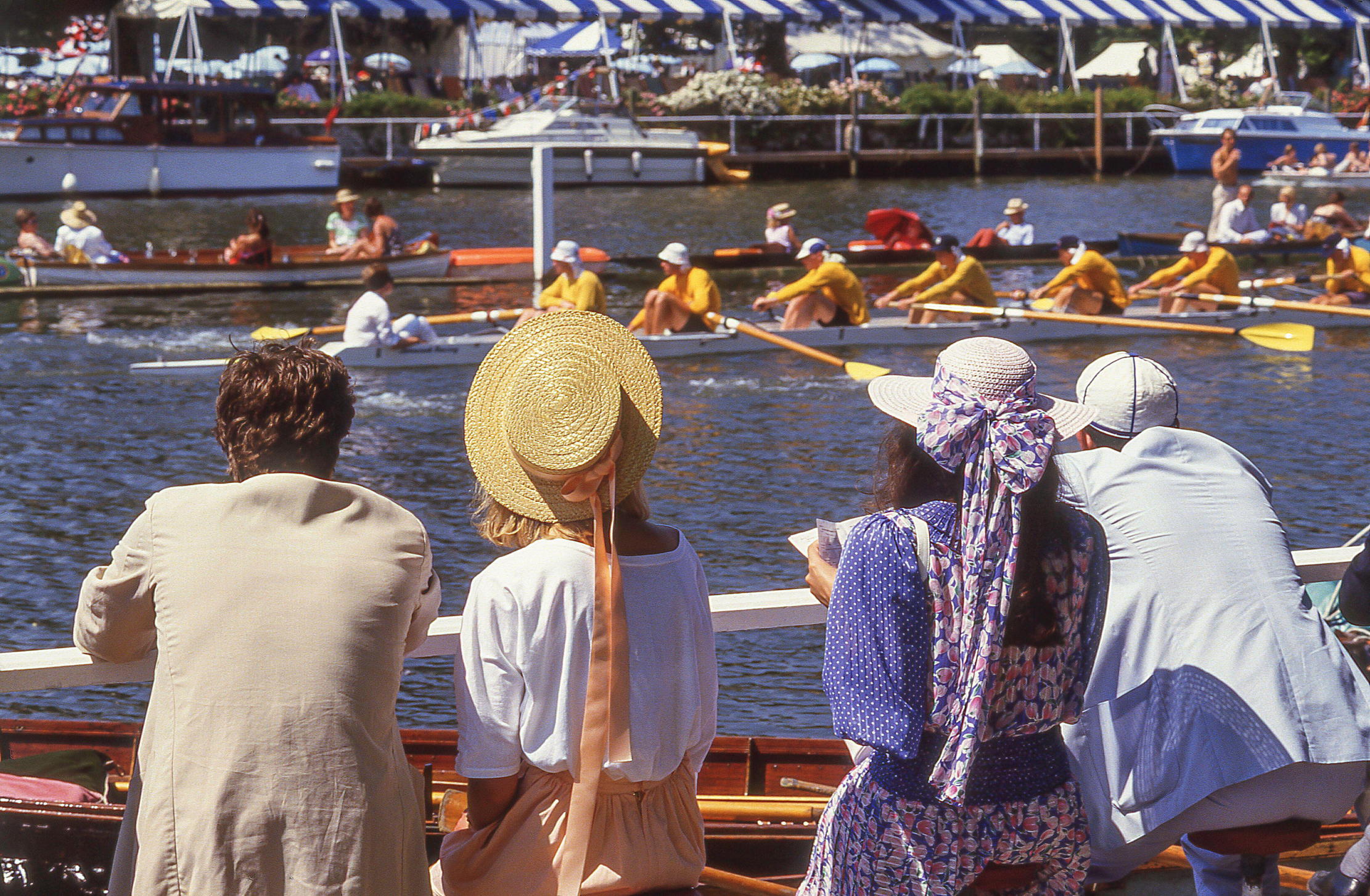Carla Carlisle on Jane Austen and JK Rowling
Carla speculates on the differences between the Rich List in Jane Austen’s time and now


A couple of Sundays ago, I volunteered to collect the papers. I knew my husband would object to The Sunday Times, which he claims requires the slaughter of too many trees and is soft on facts. If I'd told him that I wanted to look at The Sunday Times Rich List, he'd have given me one of his Mr Causabon looks. I avoided it by placing the 5lb of newsprint on the kitchen table and announcing in my pluckiest voice: 'In times of economic distress, it's useful to find out where all the money is.'
The Rich List was just the beginning of our differences that Sunday. Over breakfast, I staked a claim to the television at 8pm. I wanted to watch Miss Austen Regrets, a BBC biopic about the second half of Jane Austen's life. My husband shuddered at the thought of a scriptwriter inventing dialogue for Miss Austen. I said that if he was going to be a negative presence in the room, he wasn't allowed to watch.
In fact, it was fitting that the Rich List and Miss Austen Regrets appeared on the same day. Jane Austen would have been fascinated by such a list. The opening paragraphs of all her novels begin with money, including Emma, the novel she's writing as the BBC drama begins 'Emma Woodhouse, handsome, clever, and rich' with Mr Knightley especially desirable because his great wealth isn't encumbered, not dependent on the death of a parent or distant cousin. He has no unmarried sisters to support, no complications of title, just a small problem of cashflow, a common predicament of the conscientious working farmer. Marriage to Emma will soften his bank manager's heart.
My ability to size up fortunes may not be as precise as Miss Austen's, but I think that Mr Darcy, with his vast estate and his income of £10,000 a year, would have made the Rich List of his day. In 2008, it takes £80 million to be on the Rich List Top 1,000. What might be more startling to Miss Austen would be the presence of only six British-born names in the top 20 places. The Duke of Westminster stands in third place, after Lakshmi Mittal in first and Roman Abramovich in second. Dominating the list, with 762 out of the 1,000, are self-made millionaires.
After an hour in the company of the Rich List, it was a relief to enter Miss Austen's world, despite the feeling of timeless overlap. Her brother Henry's bank fails and he loses everything. Legal entanglements threaten her brother Edward's financial security. Her mother is desperate at the unmarried state of her two daughters. At times, Jane even seems like an earlier version of Bridget Jones, dancing, flirting, loving her wine and her freedom, and being terrified of her future.
Days after my Rich List/Regrets Sunday, two thoughts linger. Here we are in 2008, a dramatic and emancipated time for women in history, and on the Rich List of 1,000, there are only 94 women. Two hundred years after Miss Austen was writing about marriage as the only means for a woman to find financial security, it seems that inheritance, marriage and divorce are still the most reliable way for a woman to get on to the list.
There is one exception. Number 144 is Joanne Rowling, reckoned to be worth £560 million. In many ways, J. K. Rowling is the Jane Austen of our day. A born writer whose need for money pushed her on. If only our beloved Jane had had the good luck to find a publisher like Bloomsbury, she would have known the delirium and freedom of self-made security.
Sign up for the Country Life Newsletter
Exquisite houses, the beauty of Nature, and how to get the most from your life, straight to your inbox.
Country Life is unlike any other magazine: the only glossy weekly on the newsstand and the only magazine that has been guest-edited by HRH The King not once, but twice. It is a celebration of modern rural life and all its diverse joys and pleasures — that was first published in Queen Victoria's Diamond Jubilee year. Our eclectic mixture of witty and informative content — from the most up-to-date property news and commentary and a coveted glimpse inside some of the UK's best houses and gardens, to gardening, the arts and interior design, written by experts in their field — still cannot be found in print or online, anywhere else.
-
 380 acres and 90 bedrooms on the £25m private island being sold by one of Britain's top music producers
380 acres and 90 bedrooms on the £25m private island being sold by one of Britain's top music producersStormzy, Rihanna and the Rolling Stones are just a part of the story at Osea Island, a dot on the map in the seas off Essex.
By Lotte Brundle
-
 'A delicious chance to step back in time and bask in the best of Britain': An insider's guide to The Season
'A delicious chance to step back in time and bask in the best of Britain': An insider's guide to The SeasonHere's how to navigate this summer's top events in style, from those who know best.
By Madeleine Silver